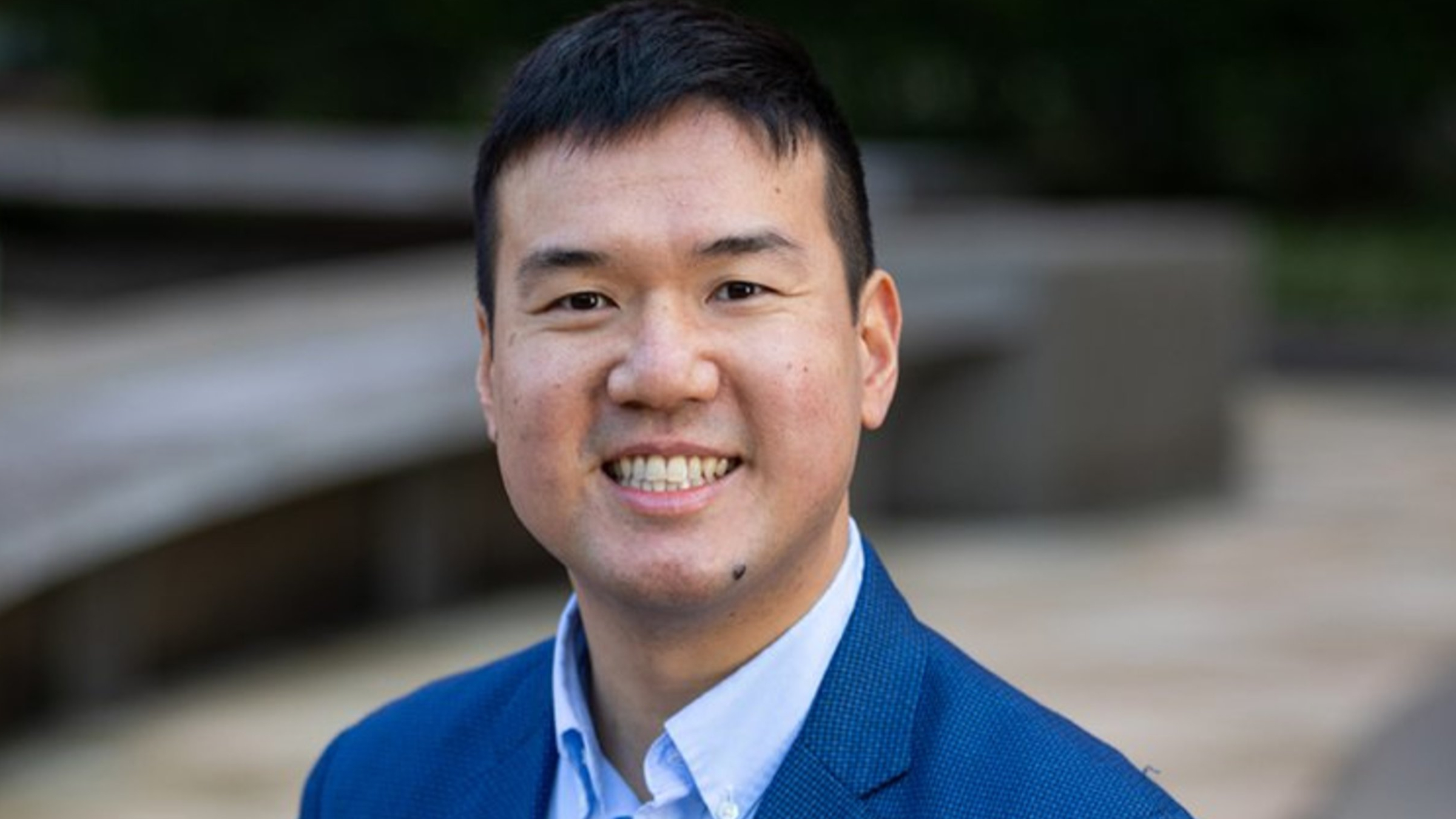
Stan Wang, Thymmune CEO
Regenerative cell biotech Thymmune launches with backing from George Church, John Maraganore
Thymmune Therapeutics is going after “the most important organ you’ve never heard of,” according to Pillar VC’s Thomas de Vlaam.
The Cambridge, MA-based biotech has …
Sign up to read this article for free.
Get free access to a limited number of articles, plus choose newsletters to get straight to your inbox.